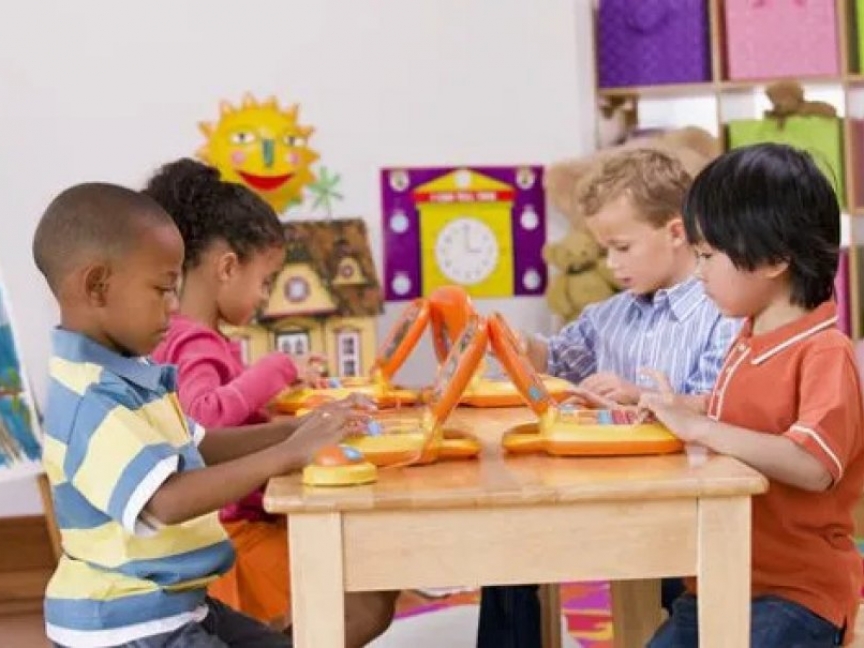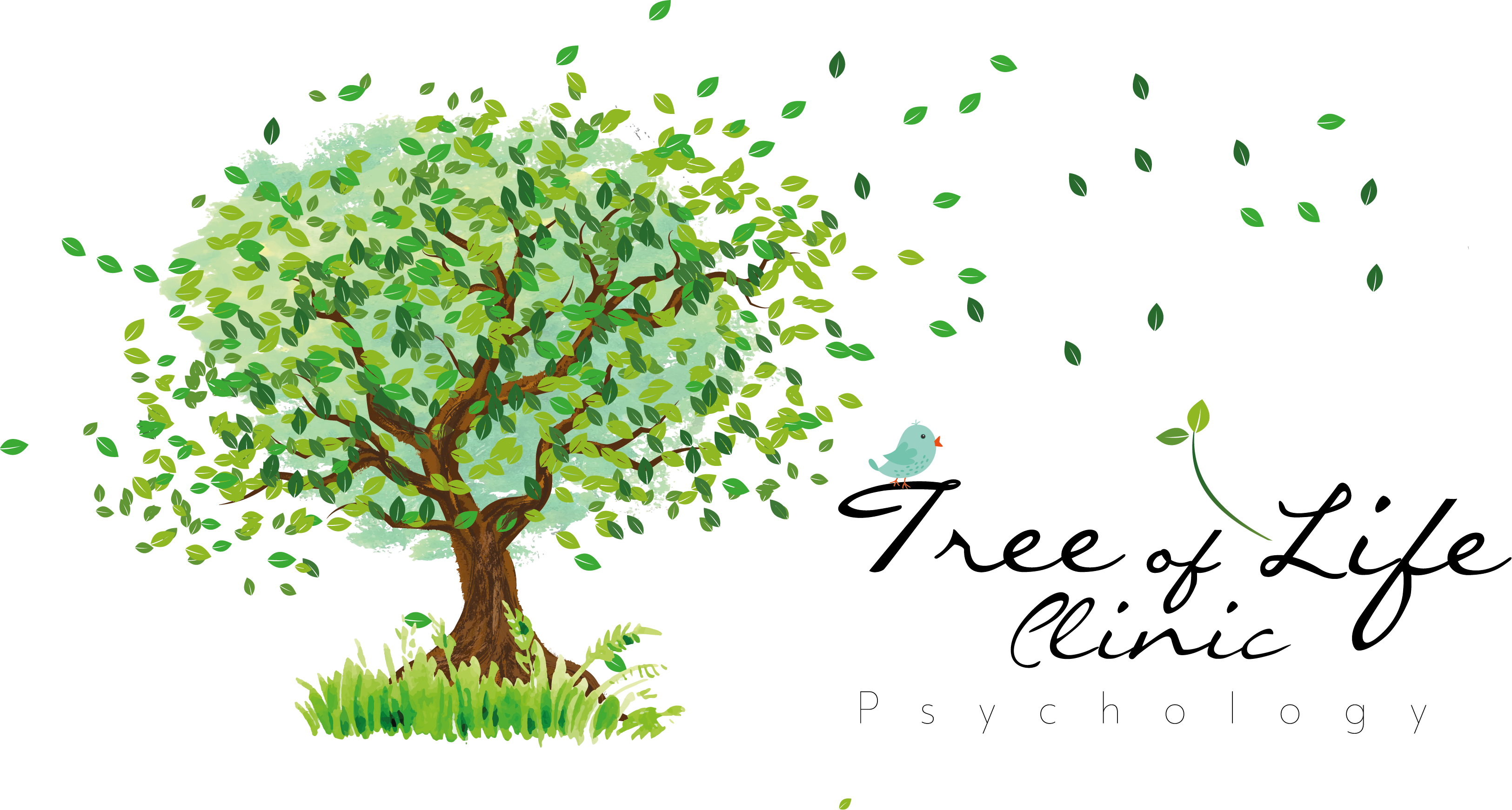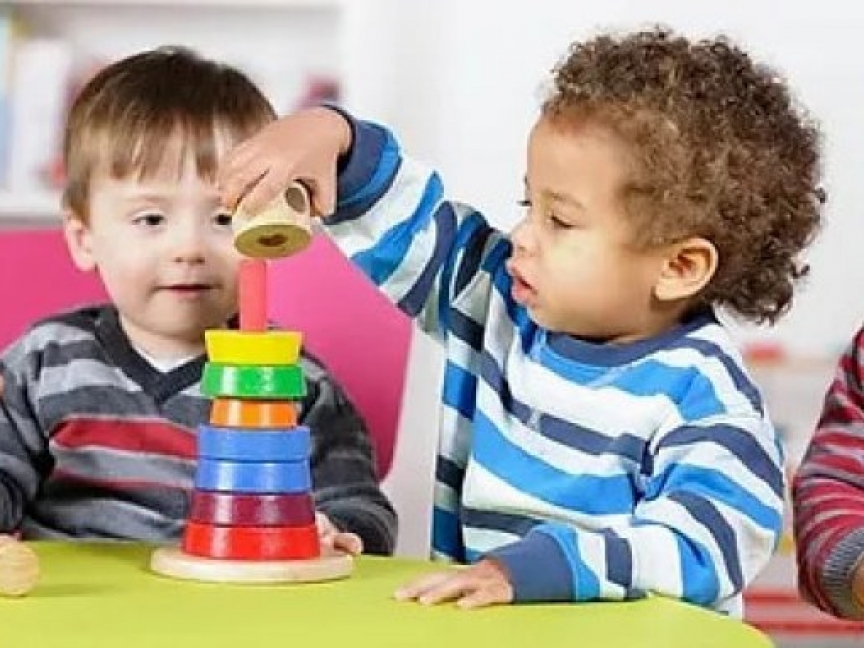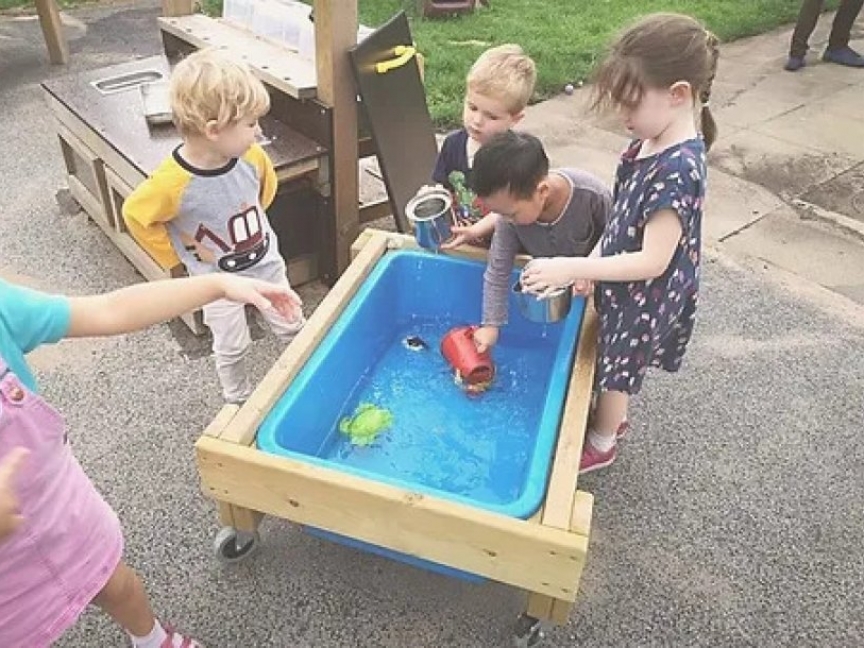Blog
Key Points you would consider while searching for a school to a young age child.

 |
Caroene Santos Murray |
Neurological research shows that the early years play a key role in children’s brain development.
Babies begin to learn about the world around them from a very early age – including during the prenatal, perinatal (immediately before and after birth) and postnatal period.
Children’s early experiences – the bonds they form with their parents and their first learning experiences – deeply affect their future physical, cognitive, emotional and social development. Optimizing the early years of children’s lives is the best investment we can make as a society in ensuring their future success.
Early childhood care and education is more than preparation for primary school. It aims at the holistic development of a child’s social, emotional, cognitive and physical needs in order to build a solid and broad foundation for lifelong learning and wellbeing. Early childhood care and education has the possibility to nurture caring, capable and responsible future citizens.
Many options to choose from, finding the right nursery program or playschool /preschool can be a challenging, though exciting, proposition for parents.
To help make choosing the adequate preschool or nursery for your child a little easier for you and your family lets outline some of important key points.
All great preschools and nursery's should have:
A solid and positive reputation in the community;
A warm and comforting environment;
Passionate teachers and staff;
Active learning, child-friendly facilities.
Children in that small age starting school, creches and nurseries need an adequate support thought development and socialization. School environment will be one of the important pillars in your child's life so need to be chosen in a way that:
Fits what's your family is looking for in a school; and
Will be able to positively help, assist and nurture your child.
KEY POINTS TO OBSERVE AND CONSIDER DURING YOUR SEARCH:
1. QUESTIONS YOU MAY CONSIDER ASKINK YOURSELVES AS PARENTS WHEN VISITING OR AFTER VISITING NEW SCHOOL OPTIONS
What do you like about it?
Are the teachers experienced and nurturing? Do you have that impression?
How does the school communicate with parents? Communication is one of the most important thing when we are looking for schools as always will be required between school/staff/teacher and parents. Observe the impression on earlier communication with the schools you visit or emailed/phoned.
Is the program play-based, academic, or both? This meet your criteria?
What extras does the program have? Are there languages, outdoor play spaces, nature education, art, music, science, library, etc.? Make notes about it. Here in particular its a good one to observe... Remember Children need to be Children and need programs that offer plays, nature, opportunity to explore and create, this is so important in childhood.
2. A WARM , NURTURING AND CONFORTING ENVIROMENT
Nursery or preschool is often a child’s first experience away from both the home and their parents’ loving and familiar care. It’s crucial that you feel like you can work shoulder to shoulder with the classroom teachers and that they will extend a adequate environment for the child's need.
Visit the campus while school is in session so that you can see first hand how the school operates. How do the teachers interact with the the children? How do the children interact with the teachers, with each other? Does the classroom feel fun, engaging, and safe? What I like here when I observed.
The answers to these questions are especially important now, as all of us (young children especially) are forced to deal with much more stress and anxiety than usual so you need to make sure when a difficult or challenge time come up the school staff will be prepare and will deal with a warm and gentle behavior.
If a school visit is not possible due to social distancing measures at the moment with Covid-19 situation, consider registering for a virtual open house or virtual tour, which many schools and programs are now offering or see the other possibilities available at the school. While it may not be possible to observe a classroom in person, this will still give you the opportunity to speak with one or several members of the faculty.
This will help you be more empowered to evaluate your options before making a decision about where to enroll your child and also bring a sensation .
3. PASSIONATE TEACHERS AND STAFF
Passionate, caring, and qualified teachers and staff should be a priority. As wonderful as a campus might be, it’s the teachers and administration that make the program.
While it is obvious that you should only be working with schools that employ qualified, trained faculty, passion can be harder to identify. But it is one of the key differentiators of an okay preschool and a great preschool.
When you visit the preschools and nurseries on your shortlist, keep an eye out for educators who speak kindly and respectfully with the children. These are the teachers who want your child to succeed and who will do everything in their power to keep them happy and healthy in the process.
Some of the most important qualities that a great preschool or nursery teacher will exhibit include:
Experience and dedication;
Enthusiasm;
Creativity;
Flexibility;
A sense of humor and kindness around children;
Passion;
Great communication skills;
A warm and lovable personality;
If you have any question for teachers and staff is time to ask. Bring your questions and chat about if have the opportunity .
4. ACTIVE LEARNING
Young children learn best by doing or experiencing, through discovery and play. We call this active learning or hands-on learning, and it’s an important characteristic of any high-quality preschool or nursery program.
Active learning is an approach to instruction that involves actively engaging students with the course material through discussions, problem solving, case studies, role plays and other methods.
Lots of reading time, arts and crafts, music, dance, exploring the natural world, outdoor play—these are all critically important to young children.
In addition to laying the foundations of a solid education by exposing children to reading and writing, play builds curiosity, teaches empathy and problem-solving skills, and helps children to learn important pre-academic skills and concepts like counting, recognizing colors and shapes, and building coordination and fine motor skills and of course sharing, socialization skills and many others.
A joy of learning and a love of school starts early and can flourish in the right environment by nurture adults.
5. CHILD-FRIENDLY FACILITIES
When selecting a preschool or nursery, the premises will play a role in which school you ultimately select. Safe and engaging facilities are very likely to rank high on your list, for a number of reasons.
The health and safety of your child are paramount and should be to your child’s school. You want to make sure that the facilities are constantly evolving and being updated, and that the faculty and staff are well trained in safety measures.
You will also want to learn about the school’s resources. Modern classrooms are chock full of screens, gadgets, and tools designed to teach children more effectively, but be sure to check that they are used judiciously and not substituting the good play times and not technological gadgets.
Also, if outdoor education is appealing, look for gardens, nature offering tools (sand place, water pots etc.), animals, leaves, trees and bunches and opportunities for your little one to wonder about the natural world. Science tells us that getting little hands dirty in outdoor play spaces improves health and brain function.
At the same time, it is important to view the facilities through the lens of health and hygiene as well. How are seating areas split up in the classroom? Is there enough space between students? How often is the classroom and all of its contents (toys, desks, tables, books, etc.) disinfected? Is the room well ventilated? These questions can all help you understand whether or not the school holds the health of its students as highly as you do. Specially now with the Covid -19 situation schools adopt health procedures to reinforce hygiene and safety.
Off course with small age children the contact and touches will be expected but is able to the school provide and adapt environment for hands sanitization and often sanitize toys and premises.
The nursery and preschool years are the underpinnings of your child’s educational journey. Use these tips to help guide your research, look for the joy in the classroom, and trust your instincts.
|
Follow us on Instagram |
 |





